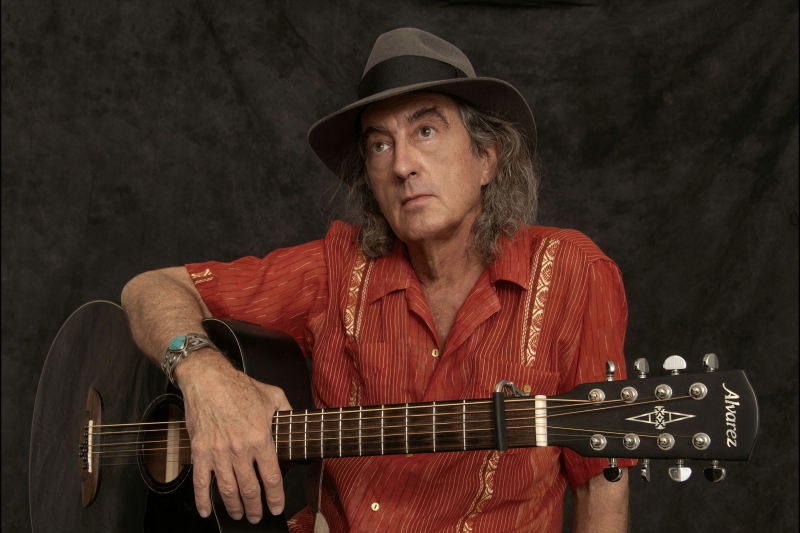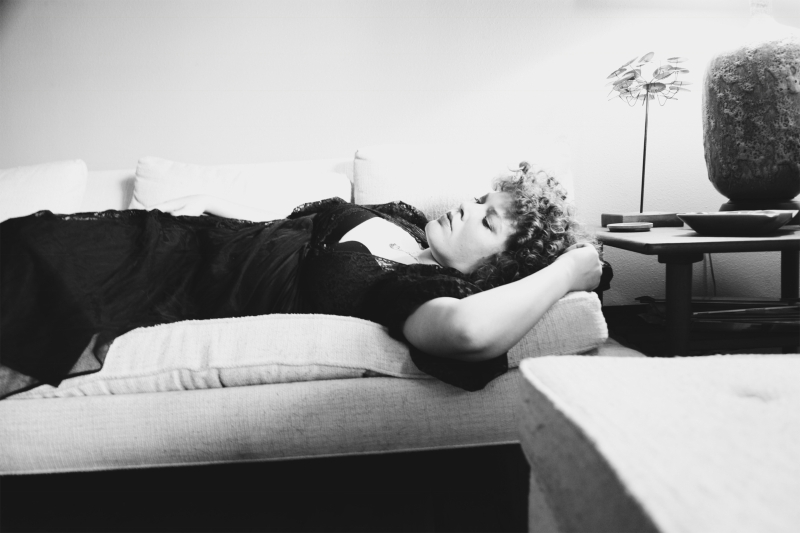JAMES MCMURTRY

|
||
09/07/2025
Visulite Theatre (16+ (Must have ID) - Under 16 with Parent Only)
Doors open at 07:00 PM / Show starts at 08:00 PM
Tickets are $30.00 advanced / $30.00 day of show
Tickets Still Available at Door
BONNIE WHITMORE

Start time: 08:00 PM
BONNIE WHITMORE TAKES CENTER STAGE WITH
LAST WILL AND TESTAMENT, TO BE RELEASED OCTOBER 2, 2020
The accomplished sidewoman aims to inspire big conversations
with lush, catchy songs.
AUSTIN, Texas — Bonnie Whitmore is not new to the music business. For the last two decades, she’s played bass and sung with some of the biggest artists in the Americana genre: Hayes Carll, John Moreland, Eliza Gilkyson, Sunny Sweeney, Jimmie Dale Gilmore, and Butch Hancock, to name a few. She’s also maintained a weekly residency at the legendary Continental Club Gallery in Austin, where she lives.
Her 2016 release F*** With Sad Girls turned heads, but with Last Will and Testament, Whitmore has turned a corner in her own artistry that may just catapult her to the top of the Americana heap.
As someone who’s never shied away from the issues, she’s not afraid to be direct. Her record is full of topical songs, tackling suicide, rape culture, loss, and the great American divide. It’s not easy to talk about heavy subjects without weighing the music down, but Whitmore pulls it off without difficulty. It’s like she’s used to talking about serious matters in casual conversation — which she is.
“I’ve definitely been told to shut up and sing,” she says, referencing the phrase that became commonplace after it was directed at the Dixie Chicks. In such divided times, many artists have become hesitant to share their opinions for fear of being ostracized or losing fans. But Bonnie took “shut up and sing” literally. “I thought, fine, I’m just going to sing what I want to talk about.”
“My goal for this record is to inspire people to have hard conversations,” she explains. “But I definitely subscribe to writing pop music, with catchy lyrics and repeating phrases.”
The depth and candor of the record conveyed through Whitmore’s pop sensibilities make it a pure pleasure to listen to. Instead of telling you how it is, she often poses questions in her songs.
“Who do you want to be?” she asks in the song “Right/Wrong.” “What do you want to say?” “What’s the point of liberty in the land of the free, without you and me?” It feels like a Tom Petty anthem, and, not unlike Petty’s writing, carries a message of justice and true patriotism beneath an all-American jangle of guitars.
“None of My Business” was written after the 2015 terror attacks in Paris. Whitmore’s gorgeous vibrato is the star on this lush, vibey track. “Day in and day out, all we really do is scream and shout, missing what it’s really all about. Instead of melody, let’s find the harmony, love forwardly, don’t let our fears defend us.”
She wrote the title track, “Last Will and Testament,” after losing yet another member of the music community to suicide. “Asked for It” uses a punk rock attitude and driving rhythm to get the listener take a hard look at the nature of rape culture. “So go on and blame the victim. Why should violence have consequence? And each time you silence them, recreates the same event. She’s the kind of girl you said asked for it.”
Her intention is never to preach, but rather to have her songs inspire discussion and reflection.
“I’ve always had the drive to participate and use my voice. I feel it is our responsibility to use our voices to challenge authorities if we want to make things better,” she says. “We’re seeing a resurgence of the ’60s civil rights movement, and it is so inspirational right now to see so many people willing to protest things that are wrong, to live up to what we stand for, which is equality for all.”
The album isn’t all topical, though; it gets personal too. “Fine,” a track clearly destined to be a radio favorite, is an upbeat country rocker about the cycles of relationships, co-written with rising star Jaimee Harris. “Love Worth Remembering” is about the meaning of unconditional love, set to a throwback ’60s R&B feel. And “George’s Lullaby” is a beautiful tribute to her friend and mentor, bassist George Reiff, who recently passed.
Bonnie grew up steeped in music and flanked by strong women. She toured in a band with her parents, Alex and Marti, and older sister Eleanor (now one-half of alt-country outfit the Mastersons with husband Chris Masterson) from an early age. A professional pilot, Alex Whitmore would fly the family to gigs at remote Texas bars and crowded festivals. Fun fact: Bonnie is a licensed pilot as well.
Bonnie’s mother has been a big influence on her. Marti is not only a classically trained opera singer, (“an actual diva,” says Bonnie, “and with that, there’s real power — as a soprano, she could overpower a whole choir”), but has also always been very outspoken, and that rubbed off on Bonnie too. Whitmore never thought of “feminism” as a bad word.
Whitmore co-produced the record with Scott Davis, who also co-wrote one of the album’s standout tracks, “Right/Wrong”. They recorded at Ramble Creek Studio in Austin with engineer Britton Biesenherz. Craig Bagby (drums), Trevor Nealon (keys), and BettySoo (backing vocals, accordion), all members of Whitmore’s band the Sad Girls, are fixtures throughout the record.
Whitmore has spent the last few years polishing these songs on the road opening for James McMurtry. “Bonnie’s been first call support on my tours for a while now, because she kicks ass consistently,” says McMurtry, “Sometimes I forget who’s opening and wander back into the venue after I eat, thinking, “Damn, chick can sing, opening band sounds like money, oh . . .” He first asked her to open a tour for him a few years ago, after hearing her sing “F*** With Sad Girls” at the Continental Club Gallery. She’s a songwriter’s songwriter, and a musician’s musician, a fact made evident by artists like McMurtry wanting her as an opener, and artists like Hayes Carll wanting her in their bands.
When the Austin-American Statesman’s music critic Peter Blackstock received an advance copy of Last Will and Testament he named Whitmore Austin360’s June Artist of the Month. “Whitmore still enjoys the supporting role,” he notes, “but these days, she has too much to say to stay in the shadows.”
